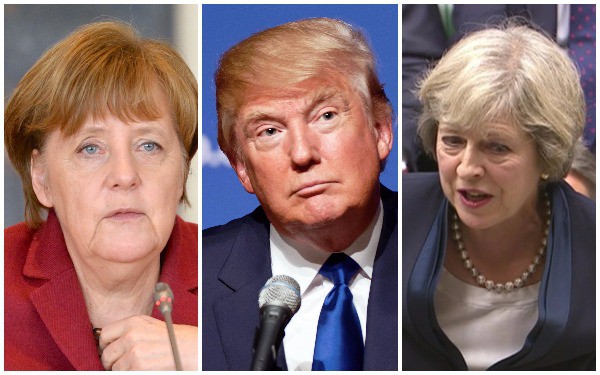- in Blog , Coaching , Human Resources , Leadership , Organisational Development , Research by David Wilkinson
- |
- 4 comments
How people decide what kind of leaders we want

How we choose leaders. Research just published looking at how we decide whether to approve of a leader or not has come up with some interesting results.
- Leadership endorsement
- The study
- Social Identity Theory
- How we decide what leader we want
- What this means
- Reference
- Get the full research briefing – free
How we choose leaders. It is often assumed that endorsement of a leader depends on personal preference and mutual ‘fit’ of style. This study suggests otherwise.
Leadership endorsement is critical, especially in difficult situations as emotions and stress run high and the followers need to have confidence in their leader. Leadership endorsement also leads to confidence and belief in action and direction and willingness to follow.
The defining characteristic for leadership endorsement is “whether the particular strategies that a leader adopts are perceived to be effective by the group members”.
Through a series of social experiments and surveys the researchers from the London School of Economics and Political Science in the UK and the University of Queensland, in Australia looked at a range of business and political situations, and examined:
- The type of situation encountered
- The strategies used by leaders for dealing with the situation and
- The level of endorsement of the leaders
The researchers were using the backdrop of social identity theory to construct the study. Basically social identity theory is a way to explain behaviour within and between groups. One of the founding principles of social identity theory is that a person’s sense of who they are, their status and pride for example, is based on the groups they are members of. Further, that this sense of identity comes from comparing the group they are a member of with other ‘out-groups’. In effect, people are comparing the status of their group with other groups they encounter. Depending on the specific nature of the circumstances, social identity theory proposes that group members will engage in different identity management strategies in order to try to regain a positive social identity.
How we decide what leader we want
How we choose leaders may not be as straightforward as we first assume.
What the researchers discovered was:
- In a situation where the in-group perceives that their group or team has lower status than the out-group and the social situation is perceived as unstable (they feel insecure), a competitive leader tends to be preferred.
- Where there is a higher perceived in-group status and the conditions are perceived as being stable (they feel secure), a cooperative leadership style tends to be preferred.
The researchers summed this up: “…the findings from our first two experiments corroborate our main hypothesis that group status and the perceived stability of intergroup relations interact to determine support for a leader who wants to fight the out-group rather than make peace with it.”
The third study in the paper looked at the prototypicality (seen as an exemplar or model of the group – ‘one of us’) of the leader and showed that in each of the scenarios the group would prefer to choose a leader they identified as ‘one of them’.
What this all means… For the full research briefing click here
Reference… To download the reference and full research briefing – Click here
Get the research briefing – free – Click here
Be impressively well informed

Get the very latest research intelligence briefings, video research briefings, infographics and more sent direct to you as they are published
Be the most impressively well-informed and up-to-date person around...

Ah now I understand. Great research briefing, do you mind if I use this with my in-house leadership programme? It is very useful and quite sobering. Best Graham
Hi Graham,
Yes of course. The only thing we ask is that the research briefing is kept with the branding and copyright information on it. If you email me (use the contact form below right) and let me know more about the programme I will send you some other resources for your programme that I think you may find useful.
Take care
David
Brilliant! This makes a lot of sense! Thank you! Leon
Our pleasure Leon. Take care
David